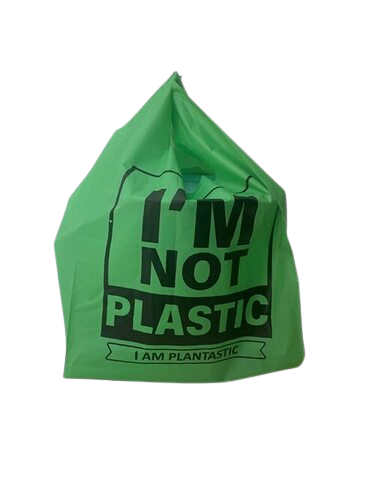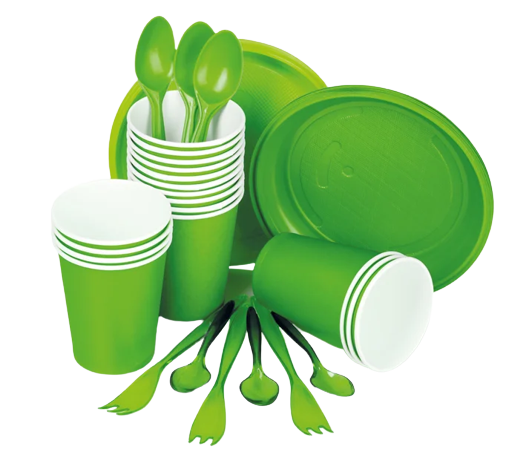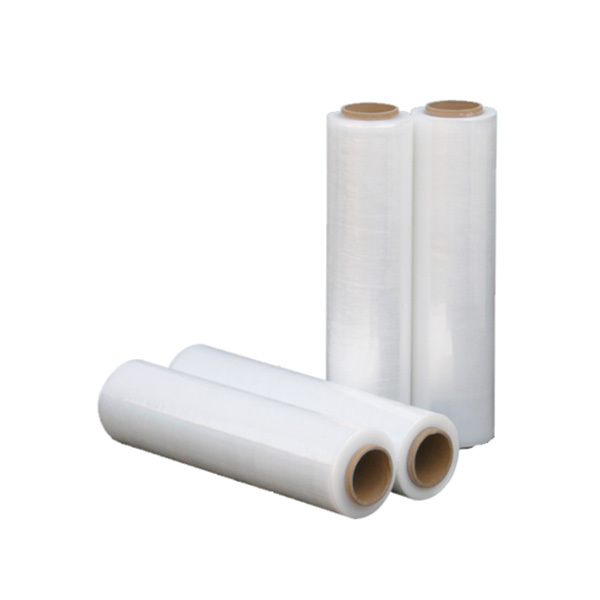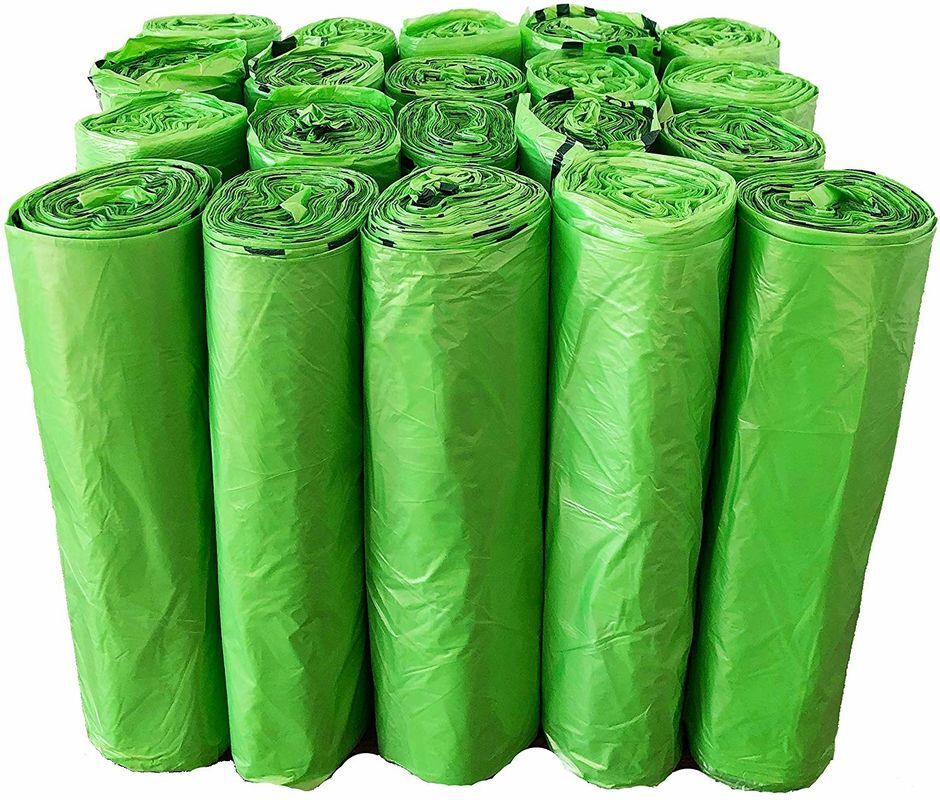Zipper Bags
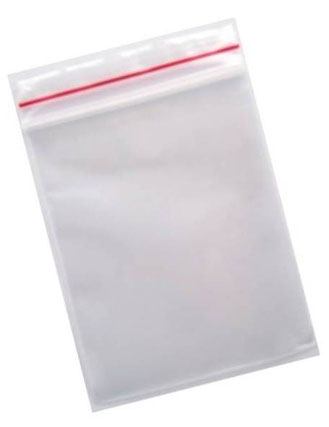
Zipper Bags
Bioplastic zipper bags are eco-friendly alternatives to traditional plastic bags. They are made from renewable resources and can break down more easily in composting or anaerobic digestion.
 Carbon Footprint: 1.4 to 3.4 kg CO2 per Kg*
Carbon Footprint: 1.4 to 3.4 kg CO2 per Kg*
 Time to decompose : 7 to 8 months
Time to decompose : 7 to 8 months
 Recyclability : 2 to 3 times
Recyclability : 2 to 3 times
 Price Range : $ 0.10 to 0.25*
Price Range : $ 0.10 to 0.25*
Key features
| Features | Description |
|---|---|
| material | Bioplastic |
| renewable_source | Bioplastic zipper bags are made from renewable sources, such as cornstarch, sugarcane, or vegetable oils. |
| biodegradable | Bioplastic zipper bags can naturally break down over time, reducing their impact on the environment. |
| compostable | Bioplastic zipper bags are compostable, providing a sustainable end-of-life option. |
| derived_from | Bioplastic zipper bags are derived from renewable materials like cornstarch, sugarcane, or vegetable oils. |
| breakdown_method | Bioplastic zipper bags can break down through composting or anaerobic digestion. |
| transparency | Bioplastic zipper bags are transparent, allowing for easy identification of contents. |
| durability | Bioplastic zipper bags offer comparable durability to traditional plastic bags. |
| resealable | Bioplastic zipper bags feature a resealable zipper closure for convenient use. |
| size_options | Bioplastic zipper bags come in various sizes to accommodate different storage needs. |
| moisture_resistant | Bioplastic zipper bags are designed to be moisture resistant, keeping contents dry and protected. |
| airtight_seal | Bioplastic zipper bags provide an airtight seal to preserve freshness and prevent leaks. |
| versatile | Bioplastic zipper bags have a wide range of uses, including food storage and organizing small items. |
| eco-friendly | Bioplastic zipper bags are eco-friendly alternatives to traditional plastic bags. |
| reduced_carbon_footprint | Using bioplastic zipper bags helps reduce carbon emissions and promotes sustainability. |
Specification
- material : Bioplastic
- size_options : small/medium/large
- color_options : clear/transparent
- thickness : Varies based on size
- resealable : Yes
- moisture_resistant : Yes
- biodegradable : Yes
- compostable : Yes
- breakdown_method : composting/anaerobic digestion
- derived_from : cornstarch/sugarcane/vegetable oils
- transparency : Yes
- durability : Comparable to traditional plastic bags
- temperature_resistance : Suitable for storing chilled and frozen items
- chemical_free : Yes
- food_safe : Yes
- environmental_certifications : ASTM D6400/EN 13432/OK Compost
- packaging : Available in packs or rolls
- usage : Food storage, organization, travel, and more
- eco-friendly : Yes
Related Products
FAQ's
- Q1: What are bioplastic zipper bags?
- A1: Bioplastic zipper bags are eco-friendly storage bags with a resealable zipper closure.
- Q2: What are bioplastic zipper bags made from?
- A2: Bioplastic zipper bags are typically made from renewable sources such as cornstarch, sugarcane, or vegetable oils.
- Q3: Are bioplastic zipper bags biodegradable?
- A3: Yes, bioplastic zipper bags are biodegradable and can naturally break down over time.
- Q4: Can bioplastic zipper bags be composted?
- A4: Yes, bioplastic zipper bags are compostable and can be safely added to composting systems.
- Q5: Are bioplastic zipper bags transparent?
- A5: Yes, bioplastic zipper bags are transparent, allowing easy visibility of the contents.
- Q6: How durable are bioplastic zipper bags?
- A6: Bioplastic zipper bags offer durability comparable to traditional plastic bags.
- Q7: Are bioplastic zipper bags resealable?
- A7: Yes, bioplastic zipper bags feature a resealable zipper closure for convenient opening and closing.
- Q8: What size options are available for bioplastic zipper bags?
- A8: Bioplastic zipper bags are available in various sizes to accommodate different storage needs.
- Q9: Are bioplastic zipper bags moisture resistant?
- A9: Yes, bioplastic zipper bags are designed to be moisture resistant, providing protection against moisture and keeping contents dry.
- Q10: Do bioplastic zipper bags provide an airtight seal?
- A10: Yes, bioplastic zipper bags provide an airtight seal when closed, preserving the freshness of stored items.
- Q11: What are the uses of bioplastic zipper bags?
- A11: Bioplastic zipper bags have a wide range of uses, including food storage, organizing small items, and travel essentials.
- Q12: Are bioplastic zipper bags eco-friendly?
- A12: Yes, bioplastic zipper bags are eco-friendly alternatives to traditional plastic bags, as they are made from renewable sources and are biodegradable.
- Q13: How do bioplastic zipper bags contribute to a reduced carbon footprint?
- A13: By using renewable resources and promoting biodegradability, bioplastic zipper bags help reduce carbon emissions and contribute to a lower carbon footprint.


